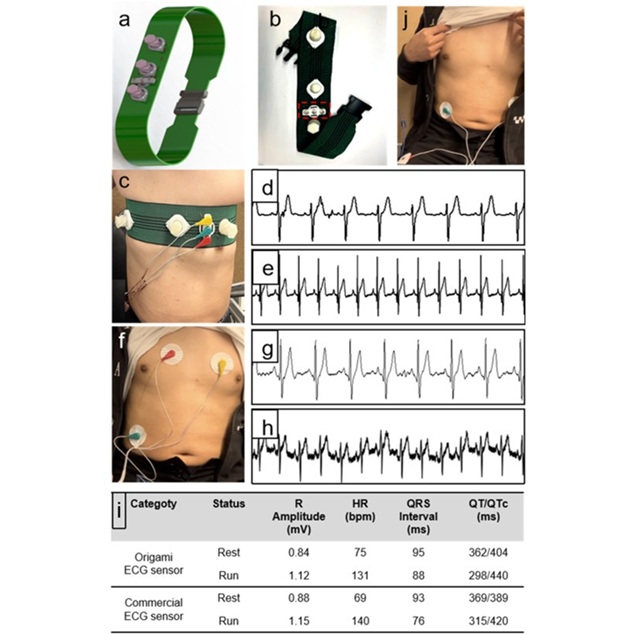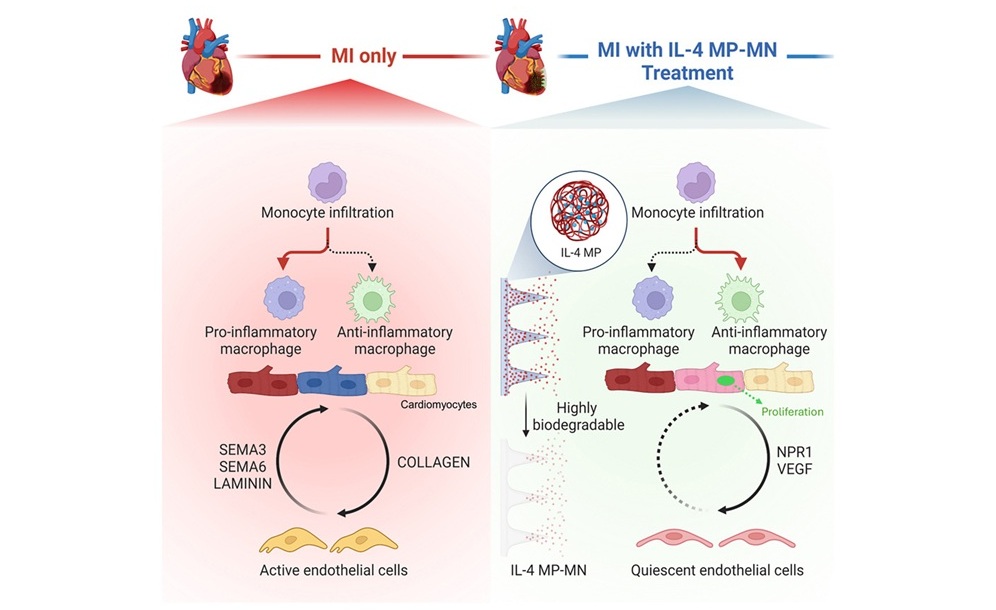Eli Lilly and AbCellera Begin World's First Study of Potential COVID-19 Antibody Treatment in Humans
|
By HospiMedica International staff writers Posted on 02 Jun 2020 |
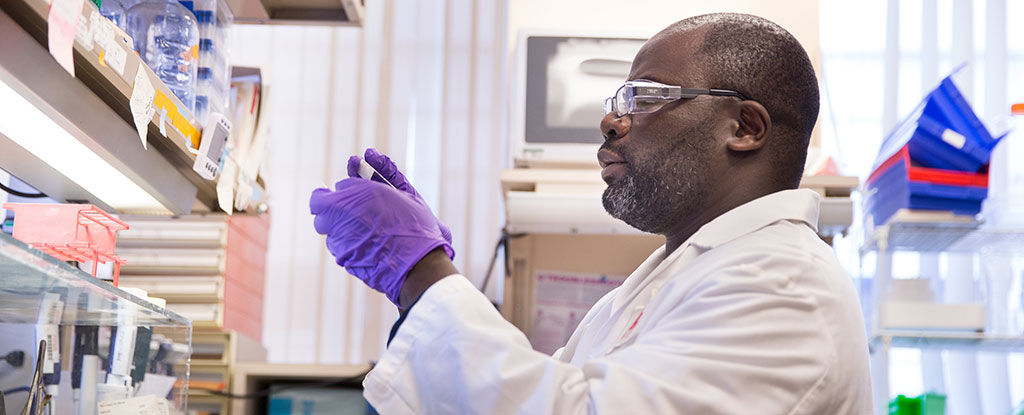
Image: Eli Lilly and AbCellera Begin World`s First Study of Potential COVID-19 Antibody Treatment in Humans (Photo courtesy of Eli Lilly and Company)
Eli Lilly and Company (Indianapolis, Ind, USA) has begun dosing patients in the world's first study of a potential antibody treatment designed to fight COVID-19.
The first patients in the study were dosed at major medical centers in the US, including NYU Grossman School of Medicine and Cedars-Sinai in Los Angeles. The investigational medicine, referred to as LY-CoV555, is the first to emerge from the collaboration between Lilly and AbCellera Biologics Inc. (Vancouver, Canada) to create antibody therapies for the prevention and treatment of COVID-19.
Scientists at Lilly developed the antibody within three months after it was identified from a blood sample taken from one of the first US patients who recovered from COVID-19. LY-CoV555 is the first potential new medicine specifically designed to attack SARS-CoV-2, the virus that causes COVID-19. LY-CoV555 is a potent, neutralizing IgG1 monoclonal antibody (mAb) directed against the spike protein of SARS-CoV-2. It is designed to block viral attachment and entry into human cells, thus neutralizing the virus, potentially preventing and treating COVID-19.
Lilly intends to test this first antibody as well as other neutralizing antibodies against SARS-CoV-2 over the next several months. The company intends to test both single antibody therapy as well as combinations of Lilly antibodies (sometimes known as antibody cocktails) as potential therapeutics for COVID-19. Should Phase 1 results show the antibody can be safely administered, Lilly expects to move into the next phase of testing, studying LY-CoV555 in non-hospitalized COVID-19 patients. The company also plans to study the drug in a preventative setting, focusing on vulnerable patient populations who historically are not optimal candidates for vaccines.
"We are committed to working with our industry partners to generate scientific evidence to meet the urgent need for treatments that reduce the severity of COVID-19 disease," said Mark J. Mulligan, MD, director of the Division of Infectious Diseases and Immunology and director of the Vaccine Center at NYU Langone Health. "Antibody treatments like the one being studied here hold promise to be effective medical countermeasures against this deadly infection," said Dr. Mulligan, also the Thomas S. Murphy, Sr. Professor in the Department of Medicine at NYU Langone.
"We are grateful to collaborate with colleagues at AbCellera, NIAID, and the many academic institutions who have helped us reach this milestone in humanity's fight against COVID-19 — a disease first characterized only six months ago. We are privileged to help usher in this new era of drug development with the first potential new medicine specifically designed to attack the virus. Antibody therapies such as LY-CoV555 may have potential for both prevention and treatment of COVID-19 and may be particularly important for groups hardest hit by the disease such as the elderly and those with compromised immune systems," said Daniel Skovronsky, M.D., Ph.D., Lilly's chief scientific officer and president of Lilly Research Laboratories.
"Later this month, we will review the results of this first human study and intend to initiate broader efficacy trials. At the same time as we are investigating safety and efficacy, we also are starting large-scale manufacturing of this potential therapy. If LY-CoV555 becomes part of the near-term solution for COVID-19, we want to be ready to deliver it to patients as quickly as possible, with the goal of having several hundred thousand doses available by the end of the year," continued Skovronsky.
Related Links:
Eli Lilly and Company
AbCellera Biologics Inc.
The first patients in the study were dosed at major medical centers in the US, including NYU Grossman School of Medicine and Cedars-Sinai in Los Angeles. The investigational medicine, referred to as LY-CoV555, is the first to emerge from the collaboration between Lilly and AbCellera Biologics Inc. (Vancouver, Canada) to create antibody therapies for the prevention and treatment of COVID-19.
Scientists at Lilly developed the antibody within three months after it was identified from a blood sample taken from one of the first US patients who recovered from COVID-19. LY-CoV555 is the first potential new medicine specifically designed to attack SARS-CoV-2, the virus that causes COVID-19. LY-CoV555 is a potent, neutralizing IgG1 monoclonal antibody (mAb) directed against the spike protein of SARS-CoV-2. It is designed to block viral attachment and entry into human cells, thus neutralizing the virus, potentially preventing and treating COVID-19.
Lilly intends to test this first antibody as well as other neutralizing antibodies against SARS-CoV-2 over the next several months. The company intends to test both single antibody therapy as well as combinations of Lilly antibodies (sometimes known as antibody cocktails) as potential therapeutics for COVID-19. Should Phase 1 results show the antibody can be safely administered, Lilly expects to move into the next phase of testing, studying LY-CoV555 in non-hospitalized COVID-19 patients. The company also plans to study the drug in a preventative setting, focusing on vulnerable patient populations who historically are not optimal candidates for vaccines.
"We are committed to working with our industry partners to generate scientific evidence to meet the urgent need for treatments that reduce the severity of COVID-19 disease," said Mark J. Mulligan, MD, director of the Division of Infectious Diseases and Immunology and director of the Vaccine Center at NYU Langone Health. "Antibody treatments like the one being studied here hold promise to be effective medical countermeasures against this deadly infection," said Dr. Mulligan, also the Thomas S. Murphy, Sr. Professor in the Department of Medicine at NYU Langone.
"We are grateful to collaborate with colleagues at AbCellera, NIAID, and the many academic institutions who have helped us reach this milestone in humanity's fight against COVID-19 — a disease first characterized only six months ago. We are privileged to help usher in this new era of drug development with the first potential new medicine specifically designed to attack the virus. Antibody therapies such as LY-CoV555 may have potential for both prevention and treatment of COVID-19 and may be particularly important for groups hardest hit by the disease such as the elderly and those with compromised immune systems," said Daniel Skovronsky, M.D., Ph.D., Lilly's chief scientific officer and president of Lilly Research Laboratories.
"Later this month, we will review the results of this first human study and intend to initiate broader efficacy trials. At the same time as we are investigating safety and efficacy, we also are starting large-scale manufacturing of this potential therapy. If LY-CoV555 becomes part of the near-term solution for COVID-19, we want to be ready to deliver it to patients as quickly as possible, with the goal of having several hundred thousand doses available by the end of the year," continued Skovronsky.
Related Links:
Eli Lilly and Company
AbCellera Biologics Inc.
Latest COVID-19 News
- Low-Cost System Detects SARS-CoV-2 Virus in Hospital Air Using High-Tech Bubbles
- World's First Inhalable COVID-19 Vaccine Approved in China
- COVID-19 Vaccine Patch Fights SARS-CoV-2 Variants Better than Needles
- Blood Viscosity Testing Can Predict Risk of Death in Hospitalized COVID-19 Patients
- ‘Covid Computer’ Uses AI to Detect COVID-19 from Chest CT Scans
- MRI Lung-Imaging Technique Shows Cause of Long-COVID Symptoms
- Chest CT Scans of COVID-19 Patients Could Help Distinguish Between SARS-CoV-2 Variants
- Specialized MRI Detects Lung Abnormalities in Non-Hospitalized Long COVID Patients
- AI Algorithm Identifies Hospitalized Patients at Highest Risk of Dying From COVID-19
- Sweat Sensor Detects Key Biomarkers That Provide Early Warning of COVID-19 and Flu
- Study Assesses Impact of COVID-19 on Ventilation/Perfusion Scintigraphy
- CT Imaging Study Finds Vaccination Reduces Risk of COVID-19 Associated Pulmonary Embolism
- Third Day in Hospital a ‘Tipping Point’ in Severity of COVID-19 Pneumonia
- Longer Interval Between COVID-19 Vaccines Generates Up to Nine Times as Many Antibodies
- AI Model for Monitoring COVID-19 Predicts Mortality Within First 30 Days of Admission
- AI Predicts COVID Prognosis at Near-Expert Level Based Off CT Scans
Channels
Critical Care
view channel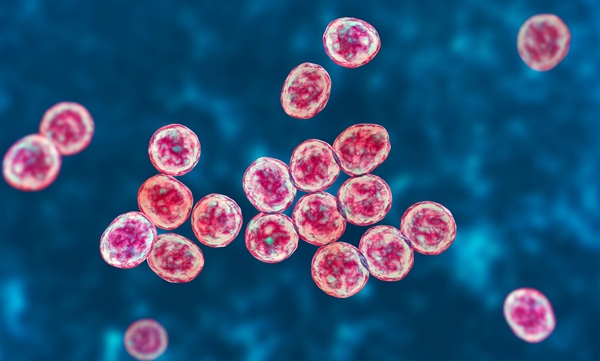
Nanogel Technology Almost 100% Effective in Destroying Drug-Resistant Bacteria Within Hours
Antibiotic resistance is one of the most serious global health threats, driven by bacteria that evade treatment and form protective biofilms that shield them from drugs. Pathogens such as Pseudomonas aeruginosa,... Read more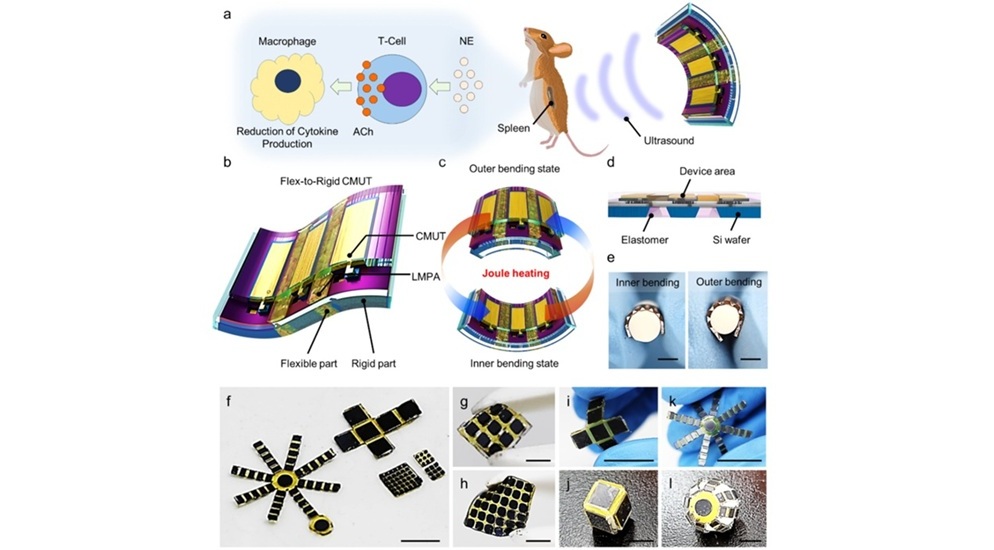
Wearable Ultrasound Sensor Delivers Noninvasive Treatment Without Surgery
Wearable ultrasound devices have long struggled with low acoustic power and poor structural stability, limiting their use in high-resolution imaging and therapeutic applications. Conventional flexible... Read moreSurgical Techniques
view channelNovel Endoscopy Technique Provides Access to Deep Lung Tumors
Detecting lung cancer early can save lives, but diagnosing small tumors deep in the outer regions of the lungs remains a major clinical challenge. Although CT scans frequently identify tiny suspicious... Read more
New Study Findings Could Halve Number of Stent Procedures
When a coronary artery becomes acutely blocked during a heart attack, opening it immediately is essential to prevent irreversible damage. However, many patients also have other narrowed vessels that appear... Read morePatient Care
view channel
Revolutionary Automatic IV-Line Flushing Device to Enhance Infusion Care
More than 80% of in-hospital patients receive intravenous (IV) therapy. Every dose of IV medicine delivered in a small volume (<250 mL) infusion bag should be followed by subsequent flushing to ensure... Read more
VR Training Tool Combats Contamination of Portable Medical Equipment
Healthcare-associated infections (HAIs) impact one in every 31 patients, cause nearly 100,000 deaths each year, and cost USD 28.4 billion in direct medical expenses. Notably, up to 75% of these infections... Read more
Portable Biosensor Platform to Reduce Hospital-Acquired Infections
Approximately 4 million patients in the European Union acquire healthcare-associated infections (HAIs) or nosocomial infections each year, with around 37,000 deaths directly resulting from these infections,... Read moreFirst-Of-Its-Kind Portable Germicidal Light Technology Disinfects High-Touch Clinical Surfaces in Seconds
Reducing healthcare-acquired infections (HAIs) remains a pressing issue within global healthcare systems. In the United States alone, 1.7 million patients contract HAIs annually, leading to approximately... Read moreHealth IT
view channel
EMR-Based Tool Predicts Graft Failure After Kidney Transplant
Kidney transplantation offers patients with end-stage kidney disease longer survival and better quality of life than dialysis, yet graft failure remains a major challenge. Although a successful transplant... Read more
Printable Molecule-Selective Nanoparticles Enable Mass Production of Wearable Biosensors
The future of medicine is likely to focus on the personalization of healthcare—understanding exactly what an individual requires and delivering the appropriate combination of nutrients, metabolites, and... Read moreBusiness
view channel
Philips and Masimo Partner to Advance Patient Monitoring Measurement Technologies
Royal Philips (Amsterdam, Netherlands) and Masimo (Irvine, California, USA) have renewed their multi-year strategic collaboration, combining Philips’ expertise in patient monitoring with Masimo’s noninvasive... Read more
B. Braun Acquires Digital Microsurgery Company True Digital Surgery
The high-end microsurgery market in neurosurgery, spine, and ENT is undergoing a significant transformation. Traditional analog microscopes are giving way to digital exoscopes, which provide improved visualization,... Read more
CMEF 2025 to Promote Holistic and High-Quality Development of Medical and Health Industry
The 92nd China International Medical Equipment Fair (CMEF 2025) Autumn Exhibition is scheduled to be held from September 26 to 29 at the China Import and Export Fair Complex (Canton Fair Complex) in Guangzhou.... Read more













